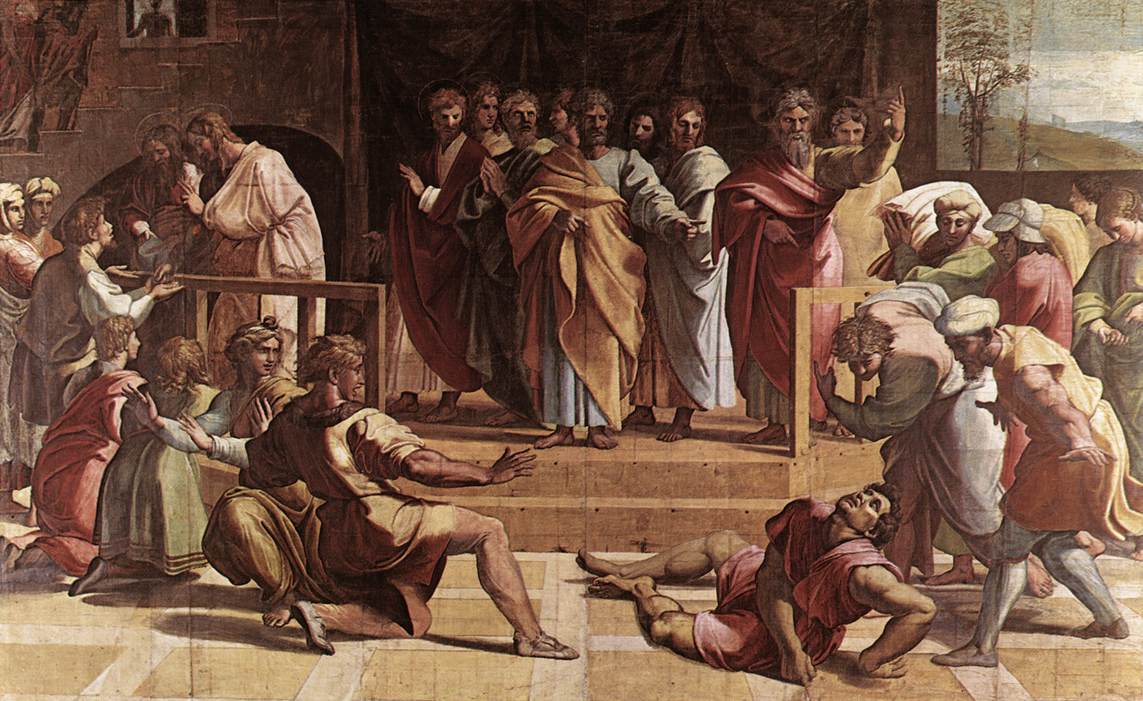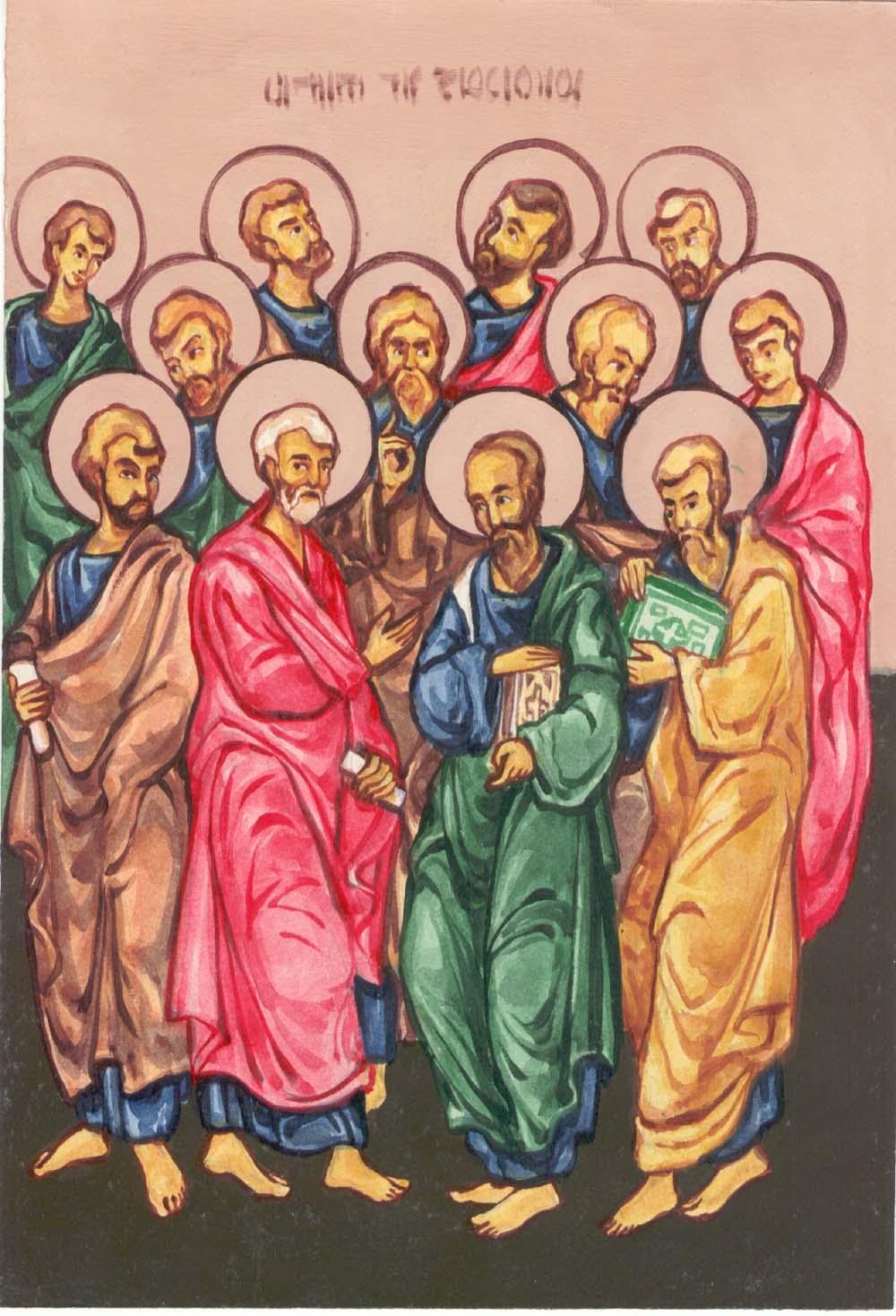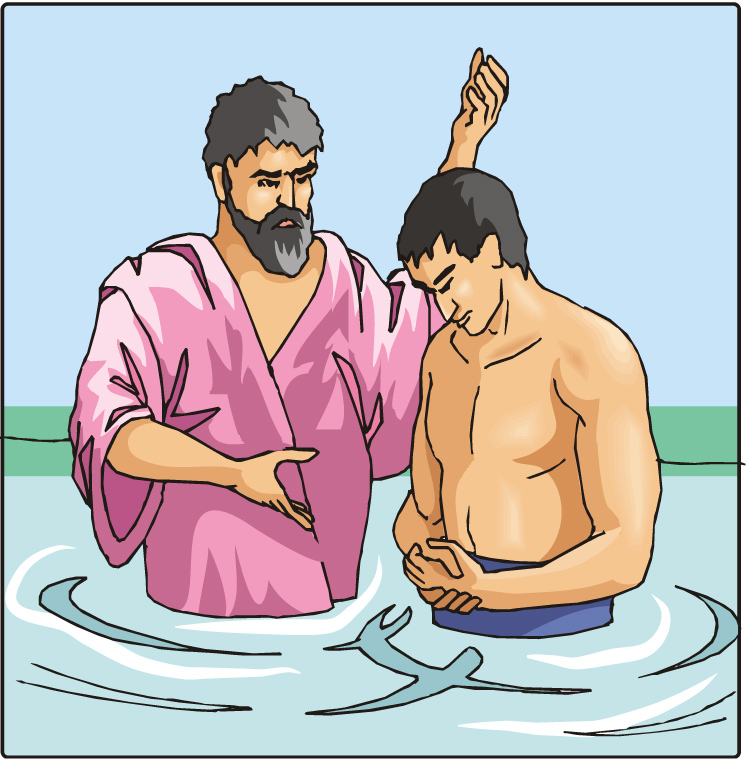Leviticus 15 Family purity laws. This chapter discusses the family purity laws. This is a tough subject that spouses should discuss with each other and ask YHVH for wisdom on how to implement them. Holiness and purity is very important to YHVH in all situations. Men, at the very least, are to refrain from all physical relations with their wives during her monthly flow. Any man who has a problem with this needs to repent of selfishness, uncontrolled passions and failing to give his wife space during a difficult time in her life. Sin has consequences, whether we understand what they are or not, so why risk it? YHVH takes his laws seriously and blessings or curses befall us vis-à-vis our relationship to them. Check your heart attitude here. Are you serious about obeying YHVH? Or at this point, are you content to ignore his Word and, in effect, rip pages out of the Scriptures arrogantly saying, “It doesn’t apply to me”? Didn’t the serpent say something like this to Adam and Eve at the Tree of Knowledge about the Word of Elohim?
Did Yeshua fulfill the family purity laws? Let’s first establish one thing. When we say “fulfill” as per Matthew 5:17, we don’t mean “to do away with” or “destroy” as the mainstream church de facto infers from this passage. The Greek word behind the word fulfill means “to bring to its Continue reading







